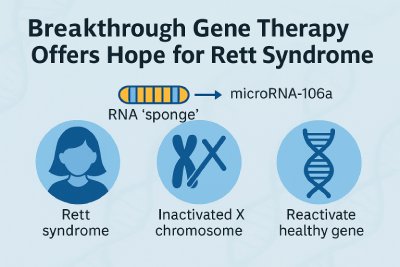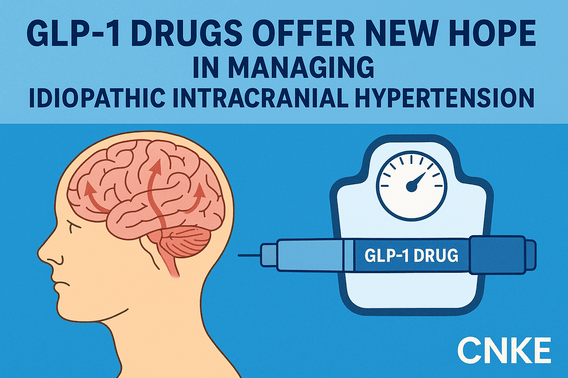A major step forward in mitochondrial medicine has been announced by researchers at the University of Gothenburg, with the potential to pave the way for the first treatment targeting diseases caused by genetic defects in cellular energy production.
 Professor Maria Falkenberg, Professor Claes Gustafsson and PhD Student Sebastian Valenzuela, Sahlgrenska Academy at the University of Gothenburg.In a landmark study published in Nature (DOI: 10.1038/s41586-025-08856-9), Professors Maria Falkenberg and Claes Gustafsson from the Sahlgrenska Academy at the University of Gothenburg reveal that a newly identified molecule, PZL-A, can restore defective mitochondrial function in patient-derived cells.
Professor Maria Falkenberg, Professor Claes Gustafsson and PhD Student Sebastian Valenzuela, Sahlgrenska Academy at the University of Gothenburg.In a landmark study published in Nature (DOI: 10.1038/s41586-025-08856-9), Professors Maria Falkenberg and Claes Gustafsson from the Sahlgrenska Academy at the University of Gothenburg reveal that a newly identified molecule, PZL-A, can restore defective mitochondrial function in patient-derived cells.
Background on POLG-Related Disorders
Mitochondrial diseases caused by POLG gene mutations are rare but devastating, often resulting in life-threatening brain and liver complications in young children, or progressive muscle weakness, epilepsy, and organ failure later in life. The POLG gene is critical for the production of DNA polymerase gamma, the enzyme that copies mitochondrial DNA (mtDNA), a vital process for mitochondrial health and cellular energy supply.
These disorders recently drew global attention following the tragic passing of Prince Frederik of Nassau, Luxembourg, in March 2025 at just 22 years of age.
A Groundbreaking Discovery
"We demonstrate that the molecule PZL-A can restore the function of mutated DNA polymerase gamma and improve the synthesis of mitochondrial DNA in patient cells," said Professor Falkenberg. "This improves the ability of the mitochondria to provide the cell with energy."
Professor Gustafsson emphasized the broader implications: "This is a breakthrough, as it is the first time a small molecule has been shown to improve defective DNA polymerase activity. Our findings open the door to a new treatment strategy for mitochondrial diseases."
From Laboratory to Therapy
The discovery of PZL-A is the result of over two decades of basic research. The molecule was identified through the screening of hundreds of chemical compounds in collaboration with Pretzel Therapeutics, a biotechnology company based at GoCo Health Innovation City in Gothenburg and headquartered in Waltham, Massachusetts.
Advanced structural studies, including cryo-electron microscopy led by doctoral student Sebastian Valenzuela, revealed precisely how PZL-A binds at a specific site between two chains of the DNA polymerase gamma enzyme. This insight not only validates the molecule’s mechanism of action but also informs future drug development strategies.
Pretzel Therapeutics plans to launch phase I clinical trials of a refined version of PZL-A to assess its safety profile in healthy volunteers later this year. Excitingly, because mitochondrial dysfunction underpins a wide range of diseases—including age-related and neurodegenerative conditions—therapies derived from PZL-A may have broader future applications.
Looking Forward
This discovery heralds a new chapter in mitochondrial medicine, offering hope to patients and families affected by some of the most challenging genetic disorders. The work exemplifies the enduring value of long-term, fundamental research coupled with innovative translational partnerships.
—
Reference:
Falkenberg M, Gustafsson C, Valenzuela S, et al. Small molecules restore mutant mitochondrial DNA polymerase activity. Nature. Published online 9-Apr-2025. DOI: 10.1038/s41586-025-08856-9.
Cover Image: The Song of Phemius and the Sorrow of Penelope (1897) - Thomas Ralph Spence (English, 1855-1903)







